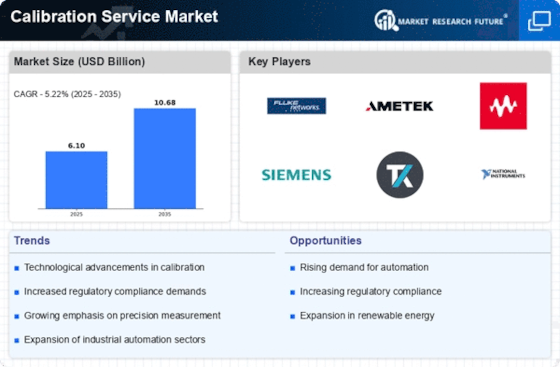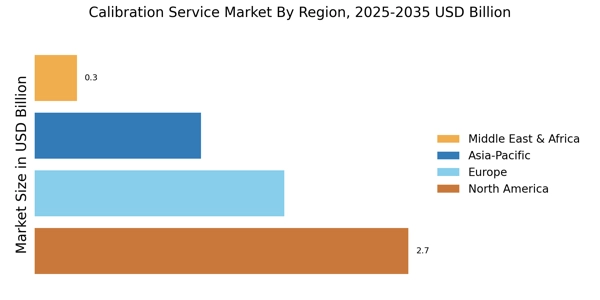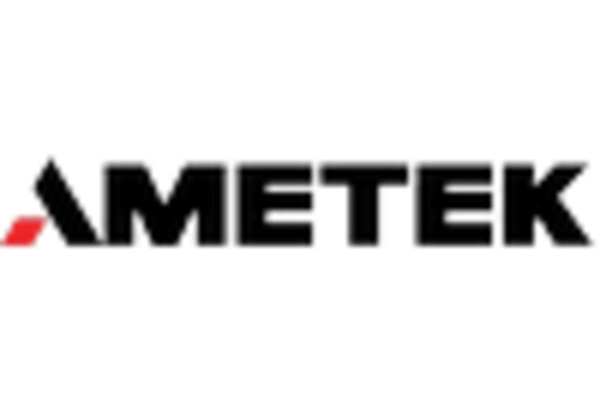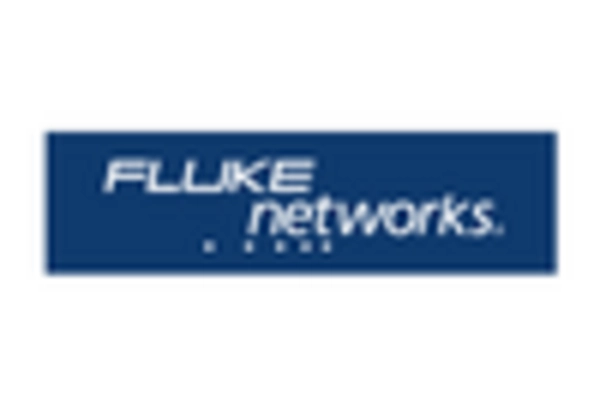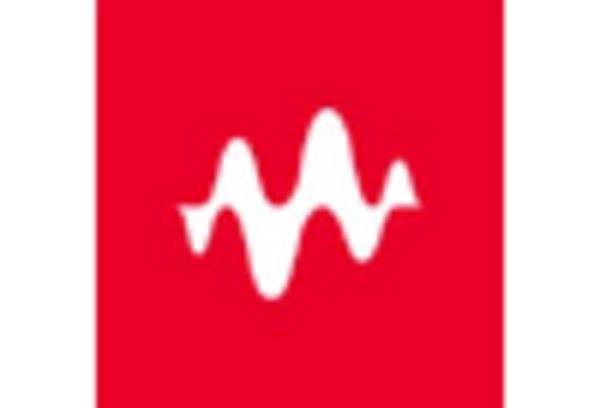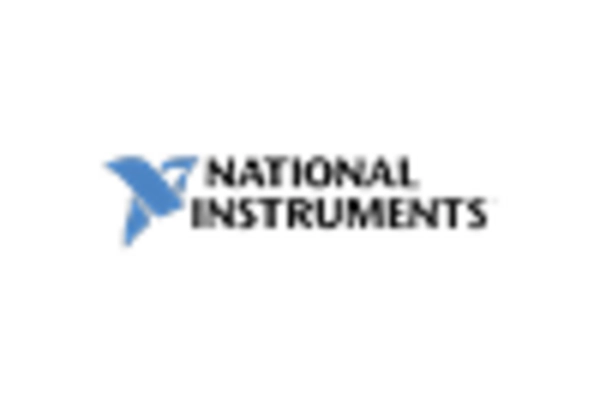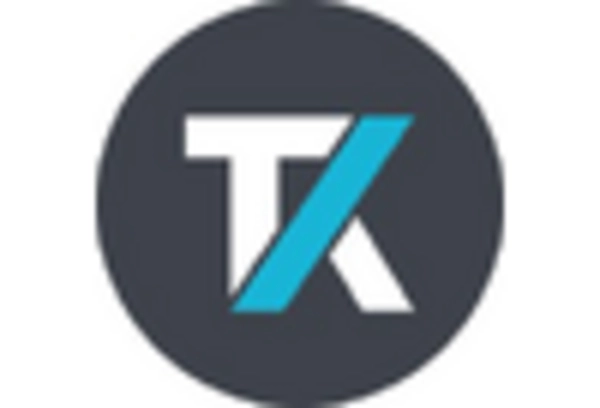Regulatory Compliance
Regulatory compliance remains a critical driver for the Calibration Service Market. Various sectors, including pharmaceuticals, food and beverage, and manufacturing, are subject to stringent regulations that mandate regular calibration of equipment to ensure safety and quality. For example, the FDA requires that medical devices undergo rigorous calibration to meet safety standards. This regulatory landscape compels companies to invest in calibration services to avoid penalties and ensure compliance. As regulations evolve, the Calibration Service Market is expected to grow, driven by the need for businesses to adhere to these standards and maintain operational integrity.
Technological Integration
The Calibration Service Market is experiencing a notable shift due to the integration of advanced technologies such as IoT and AI. These technologies enhance the precision and efficiency of calibration processes, allowing for real-time monitoring and adjustments. As industries increasingly adopt smart manufacturing practices, the demand for sophisticated calibration services rises. For instance, the implementation of automated calibration systems can reduce downtime and improve operational efficiency. This trend is particularly evident in sectors like aerospace and automotive, where precision is paramount. The Calibration Service Market is thus likely to see a surge in demand as companies seek to leverage these technological advancements to maintain competitive advantages.
Global Expansion of Industries
The ongoing expansion of various industries is a significant driver for the Calibration Service Market. As companies expand their operations internationally, the need for reliable calibration services becomes paramount to ensure consistency and quality across different regions. Industries such as manufacturing, healthcare, and telecommunications are particularly affected, as they require precise calibration to meet local standards and regulations. This trend is likely to fuel the growth of the Calibration Service Market, as businesses seek to establish a robust calibration framework that supports their global operations and enhances their competitive positioning.
Increased Focus on Quality Assurance
The Calibration Service Market is significantly influenced by the growing emphasis on quality assurance across various sectors. Companies are increasingly recognizing that accurate calibration is essential for maintaining product quality and operational efficiency. This trend is particularly pronounced in industries such as aerospace, automotive, and pharmaceuticals, where even minor deviations can lead to substantial consequences. As a result, organizations are investing more in calibration services to ensure that their equipment meets the required specifications. The Calibration Service Market is likely to expand as businesses prioritize quality assurance and seek reliable calibration solutions to enhance their operational capabilities.
Sustainability and Environmental Concerns
Sustainability initiatives are becoming increasingly relevant in the Calibration Service Market. Companies are under pressure to adopt environmentally friendly practices, which includes ensuring that their calibration processes are efficient and minimize waste. The push for sustainability is prompting organizations to seek calibration services that align with their environmental goals. For instance, energy-efficient calibration equipment can reduce the carbon footprint of operations. As businesses strive to meet sustainability targets, the Calibration Service Market is expected to grow, driven by the demand for services that support eco-friendly practices and compliance with environmental regulations.


